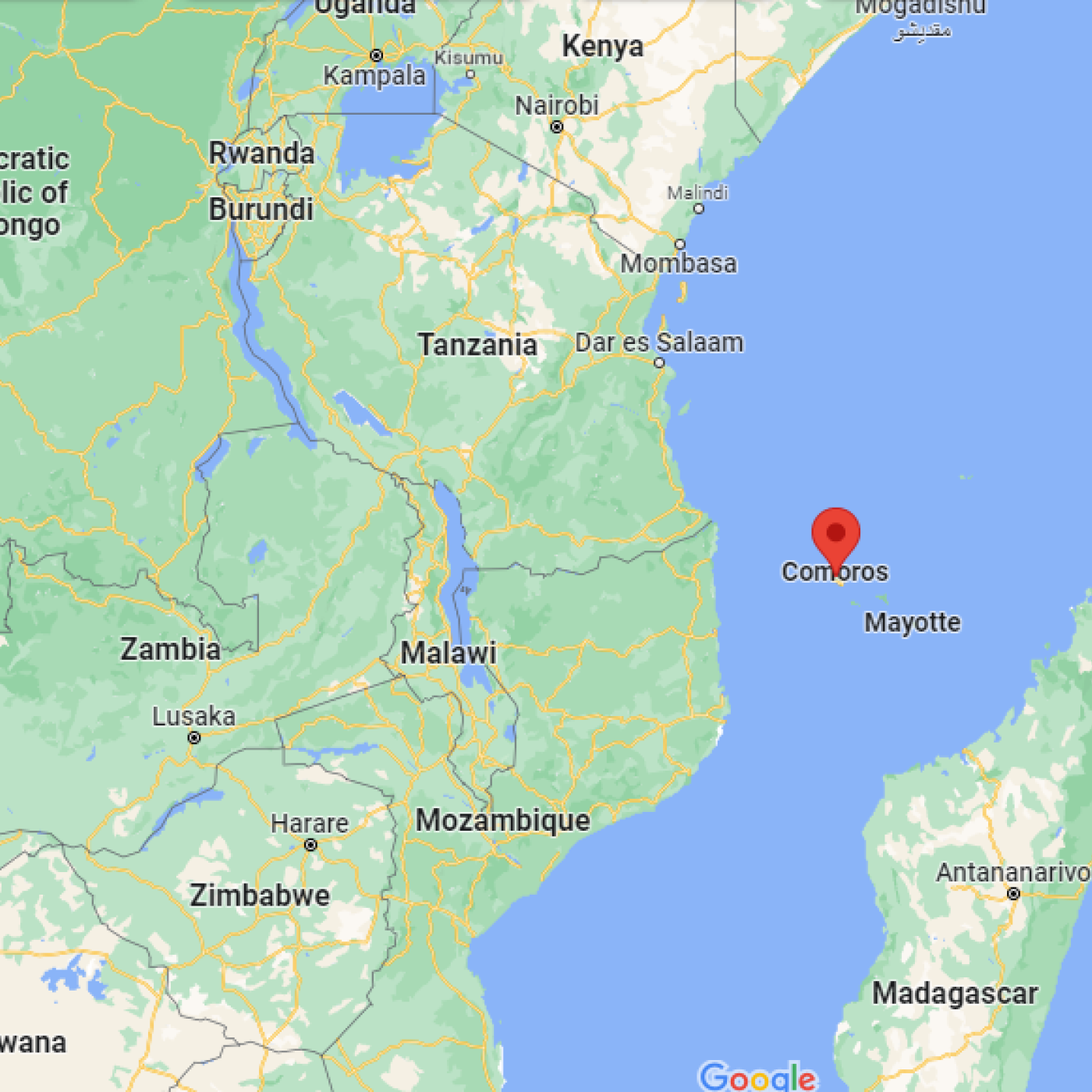Tools & Resources
Filter by
Type
Publication date
Language
Type
Publication date
Language
News & Updates
Feature
The Cycle of Corruption: Elections and the Abuse of State Resources
In many ways, elections are a central component in cycles of systemic corruption. IFES conducted a two-year research project to develop an assessment methodology to evaluate the effectiveness of a given country’s framework for addressing the abuse of state resources in election campaigns. The final product of this project is a detailed methodology that specifically examines three categories of state resources: state personnel; state funds and physical resources; and official government communications to the public.
Publication
Book
Financing Politics: The Middle East and North Africa
Financing Politics: The Middle East and North Africa is a collaborative effort between the International Foundation for Electoral Systems (IFES) and the Arab Region Parliamentarians against Corruption (ARPAC). It represents a concerted attempt to better understand and document existing political finance regulations and experiences in five countries – Egypt, Jordan, Lebanon, Tunisia and Yemen. The availability of information on the funding of parties and campaigns is a first and significant step in enhancing transparency.
September 30, 2013
Image

Publication
Report/Paper
Understanding, Adjudicating, and Resolving Election Disputes
In an effort to guide stakeholders to effectively resolve election complaints, IFES has identified seven principle international standards in electoral complaints adjudication, outlined in this paper.
February 14, 2011
Publication
Report/Paper
Global Trends in The Regulation of Political Finance
This paper deals with the role of money in politics, and in particular with certain efforts by countries around the world to regulate this role. In the current world (and probably since we first started organising ourselves politically), money in politics or political finance as we commonly know it is a central aspect of any political system, whether democratic or undemocratic, "developed" or "developing" and regardless of political culture or tradition.
February 14, 2011
News & Updates
Feature
IFES co-hosts Symposium to Spread Electoral Awareness in Egypt
On September 26, 2010, IFES and the Ahram Center for Political and Strategic Studies (ACPSS) hosted an Electoral Symposium to spread electoral awareness before the upcoming People’s Assembly elections in November, 2010. The event featured distinguished speakers from political parties, government officials, members of civil society and election experts. Among them were IFES consultants Lisa Kammerud and Bashar Eldeek , Country Director Charles Lasham, People’s Assembly and Taggamu’ Party Member Mr. Mohamed Abdelaziz Shaaban, former Minister of Sport and Youth Dr. Abdelahad Gamaluddin, President of Ahram Center for Political and Strategic Studies (ACPSS) Dr. Gamal Sultan and famous Egyptian journalist Ameena Shafiq . The event took place in the Ibrahim Nafei Hall, named after the renowned Egyptian journalist, at the Ahram main building in Cairo Downtown area. This symposium is part of IFES programming to provide a platform for Egyptian citizens to dialogue about electoral issues in Egypt.
Publication
Book
Public Funding Solutions for Political Parties in Muslim-Majority Societies
An innovative, first-of-its-kind publication that explores the role of public funding in democracy development in Muslim-majority countries is being released today by the International Foundation for Electoral Systems (IFES) and the United States Institute of Peace (USIP).
July 21, 2009
Election Material
Civic Education Material
MMP : Voting for Party Lists
Published in 1993 by the Electoral Reform Coalition in New Zealand, “MMP: Voting for Party Lists” advocates for the implementation of the Mixed Member Proportional system of electing New Zealand’s members of parliament on the basis that it provides more freedom for citizens to inflict change in government policy. Basic questions about the party lists are provided as well as further reasons for the implementation of the MMP system including increased voter freedom, flexibility, and fair elections.
Image

Publication
Report/Paper
Comores, Rapport d'Evaluation Pre-Electorale, 20 novembre 1991
This 1991 report (in French) is a pre-election assessment of the electoral system in Comoros, and includes descriptions of legislative and procedural institutions. The report highlights nine factors that could facilitate the establishment of a comprehensive and operational democracy in Comoros.
November 19, 1991




